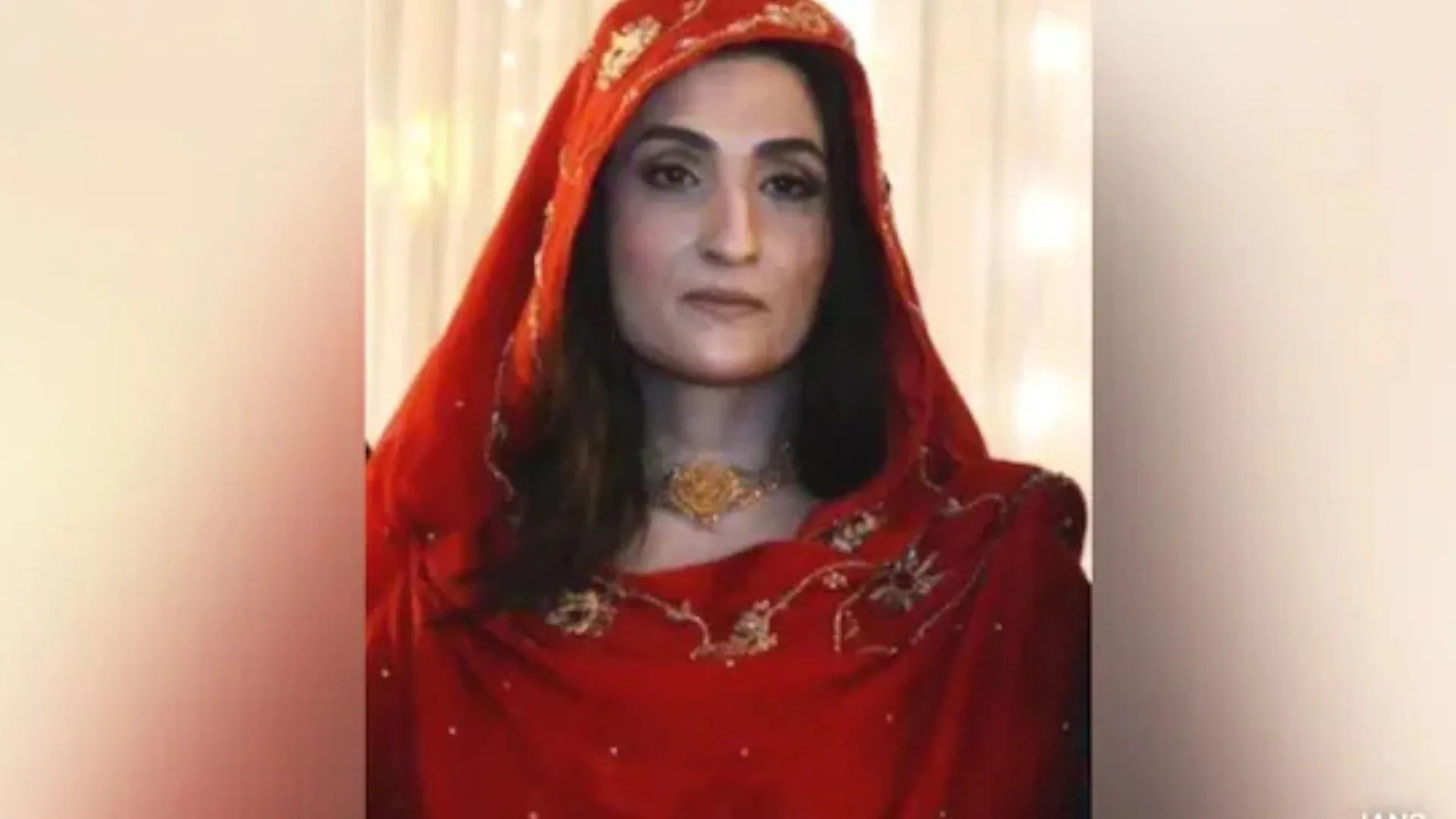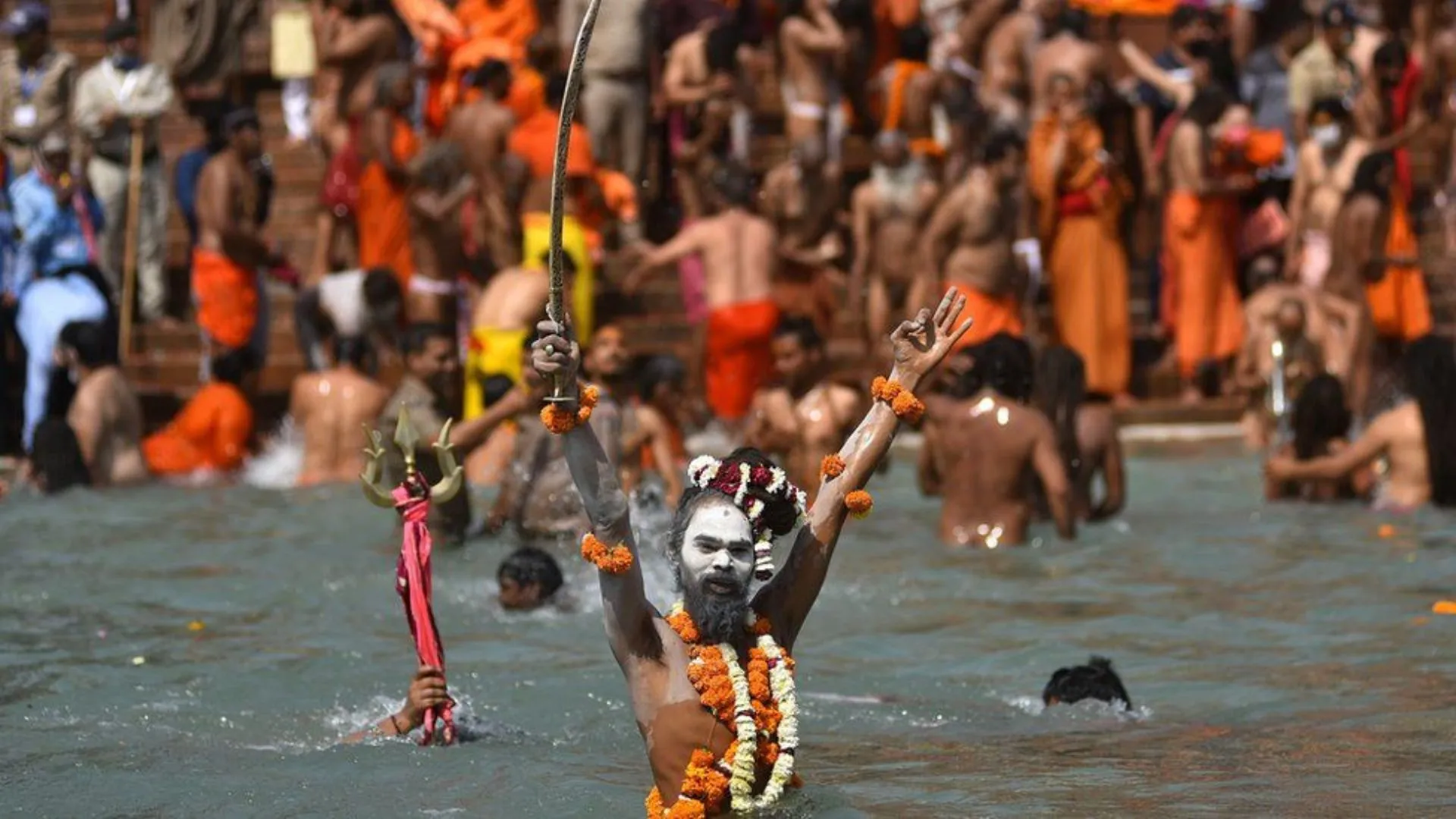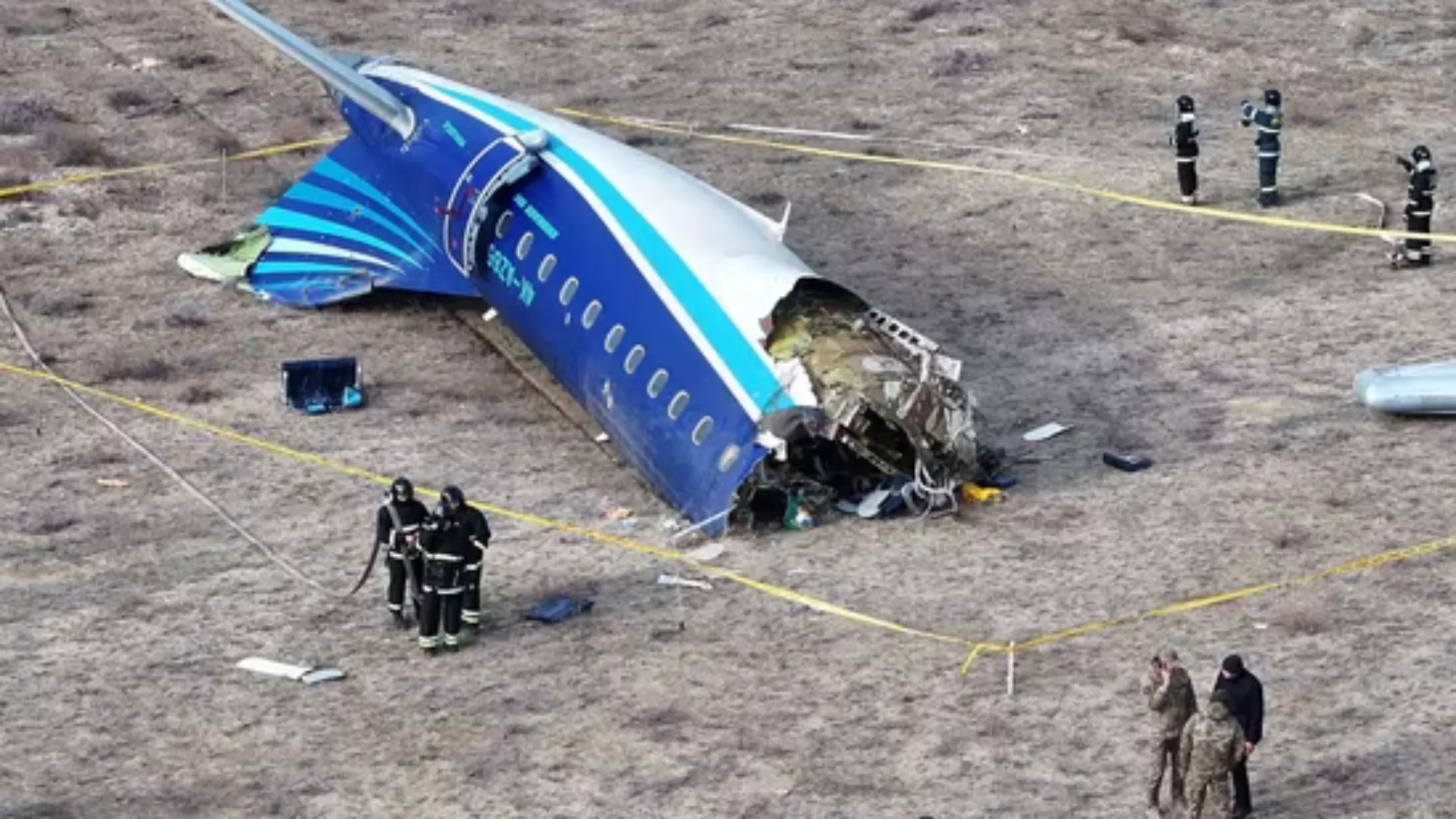While setting the record straight and leaving no scope for ambiguity of any kind, the Madhya Pradesh High Court at Jabalpur in a most learned, laudable, landmark and latest judgment titled Krishna Pati Tripathi vs State of Madhya Pradesh & Ors that was reserved on January 18, 2023 and then finally pronounced on April 21, 2023 has held that under Section 190 of the Criminal Procedure Code (CrPC), a Magistrate cannot suo motu pass directions for further investigation in a matter. The ruling was made in response to a petition that was filed by a government officer who had a FIR registered against a group of people that did not include the petitioner. Subsequently, a charge sheet was produced in the matter, and the investigation was kept open under Section 173(8) CrPC. The Madhya Pradesh High Court held that the lower court’s order taking cognizance was illegal, and the petition was allowed.
At the very outset, this remarkable, refreshing, rational and recent judgment authored by the Single Judge Bench comprising of Hon’ble Shri Justice Sanjay Dwivedi sets the ball in motion by first and foremost putting forth in para 1 that, “With the consent of counsel for the parties, the matter is finally heard.”
As we see, the Bench then mentions in para 2 that, “The case has been assigned to this Court in pursuance to the notification issued by the High Court in pursuance to the order of the Supreme Court passed in Writ Petition (Civil) No.699/2016- Ashwini Kumar Upadhyay Vs. Union of India and others. The petitioner being a member of Legislative Assembly, Semariya Assembly, Rewa and as such, this matter is placed before this Court.”
To put things in perspective, the Bench envisages in para 3 that, “As per the facts of the case, the respondent no.4 who was working as a Chief Executive Officer, Janpad Panchayat, Sirmour, District Rewa lodged an FIR on 16.08.2022 making an allegation against the accused persons but in the said FIR there was neither any whisper about the present petitioner nor any allegation has been levelled against the petitioner in the alleged crime. In pursuance to the FIR, offence got registered vide Crime No.354 on 2022 against five persons under Sections 341, 342, 294, 147, 148, 149, 353, 332, 325 and 333 of the Indian Penal Code. The charge-sheet was filed before the Court below against the five persons but investigation was left open against some other accused persons as per Section 173(8) of Cr.P.C.”
As it turned out, the Bench then discloses in para 4 that, “One application under Section 190 of Cr.P.C. was filed on 18.11.2022 before the Court below by the complainant and the said application was decided by the Court below by impugned order dated 24.11.2022 directing the investigating authority to investigate the matter and collect evidence against the petitioner because cognizance has been taken by the Court against him also under Sections 120-B, 341, 342, 294, 147, 148, 149, 353, 332, 325 and 333 of the Indian Penal Code and summon was issued against the petitioner.”
Simply put, the Bench then lays bare in para 5 that, “The petitioner has assailed the order dated 24.11.2022 before this Court by filing the instant petition under Article 226 of the Constitution of India seeking quashment of the entire proceedings initiated against him vide order dated 24.11.2022 and also the order taking cognizance against him in RCT Case No. 754/2022. The quashment has also been sought of order dated 08.12.2022 passed by the Revisional Court, dismissing the revision against the order dated 24.11.2022 saying that the revision was not maintainable.”
While mentioning about the case of Reeta Nag Vs. State of West Bengal and Others (2009) 9 SCC 129, the Bench observes in para 7 that, “The Supreme Court in case of Reeta Nag (supra) has observed as under:-
“17. Mr Venugopal submitted that the view taken by the High Court was on the basis of the settled position of law that having taken cognizance of an offence, the Magistrate had no jurisdiction to direct a reinvestigation of the case under sub-section (8) of Section 173 CrPC. On the other hand, the High Court made it clear that if during the trial any fresh material surfaced against the discharged persons, the Magistrate could take recourse to Section 319 CrPC. It was urged that the High Court should have kept in mind the well-settled principle that whatever was required to be done under a statute, could only be done in the manner prescribed by the statute and in no other manner.
25. What emerges from the abovementioned decisions of this Court is that once a chargesheet is filed under Section 173(2) CrPC and either charge is framed or the accused are discharged, the Magistrate may, on the basis of a protest petition, take cognizance of the offence complained of or on the application made by the investigating authorities permit further investigation under Section 173(8). The Magistrate cannot suo motu direct a further investigation under Section 173(8) CrPC or direct a reinvestigation into a case on account of the bar of Section 167(2) of the Code.
26. In the instant case, the investigating authorities did not apply for further investigation and it was only upon the application filed by the de facto complainant under Section 173(8) was a direction given by the learned Magistrate to reinvestigate the matter. As we have already indicated above, such a course of action was beyond the jurisdictional competence of the Magistrate. Not only was the Magistrate wrong in directing a reinvestigation on the application made by the de facto complainant, but he also exceeded his jurisdiction in entertaining the said application filed by the de facto complainant.
27. Since no application had been made by the investigating authorities for conducting further investigation as permitted under Section 173(8) CrPC, the other course of action open to the Magistrate as indicated by the High Court was to take recourse to the provisions of Section 319 of the Code at the stage of trial. We, therefore, see no reason to interfere with the order of the High Court since it will always be available to the Magistrate to take recourse to the provisions of Section 319 if any material is disclosed during the examination of the witnesses during the trial.””
Briefly stated, the Bench mentions in para 8 that, “The Supreme Court further in case of Amrutbhai (supra) relying upon the case of Reeta Nag has also observed as under:-
“11. The enumeration of this Court in Reeta Nag v. State of W.B. [Reeta Nag v. State of W.B., (2009) 9 SCC 129 : (2009) 3 SCC (Cri) 1051] also to the same effect was adverted to. The High Court thus deduced on the basis of an in-depth survey of the state of law, as above, on the import and ambit of Section 173(8) CrPC that in the absence of any application or prayer made by the investigating authority for further investigation in the case, the trial court had erred in allowing the application filed by the appellant/informant for the same.
16. A plain comparison of these two provisions would amply demonstrate that though these relate to the report of a police officer on completion of investigation and the steps to ensue pursuant thereto, outlining as well the duties of the officer in charge of the police station concerned, amongst others to communicate, the action taken by him to the person, if any, by whom the information relating to the commission of offence was first given, it is explicit that the recast provision of the 1973 Code did incorporate subsection (8) as a significant addition to the earlier provision.
29. The question that fell for appraisal in Randhir Singh Rana [Randhir Singh Rana v. State (Delhi Admn.), (1997) 1 SCC 361] was as to whether a Judicial Magistrate, after taking cognizance of an offence, on the basis of a police report and after appearance of the accused in pursuance of the process issued, can order of his own, further investigation in the case. The significantly additional feature of this query is the stage of the proceedings for directing further investigation in the case i.e. after the appearance of the accused in pursuance of the process already issued. This Court reiterated that such power was available to the police, after submission of the charge-sheet as was evident from Section 173(8) in Chapter XII of the 1973 Code. That it was not in dispute as well that before taking cognizance of the offence under Section 190 of Chapter XIV, the Magistrate could himself order investigation as contemplated by Section 156(3) of the Code was noted as well.”
Most significantly, the Bench then minces absolutely no words to hold resoundingly in para 9 that, “After considering the cases relied by learned counsel for the petitioner and as per the relevant provisions of Cr.P.C., it is clear that in Section 190 of Cr.P.C., the expression “taking cognizance” means the Magistrate should apply his mind on the facts mentioned in the complaint with a view to take further action. The Magistrate on the basis of the material placed in the charge-sheet, if satisfied to take cognizance then exercising power provided under Section 190 of Cr.P.C., he may take cognizance or can discharge the accused but there is no mechanism available under Section 190 of Cr.P.C. empowering the Magistrate to direct for further investigation suo moto or even on application by any person. It is observed by the Supreme Court that even considering the provision that the Magistrate can direct investigation under Section 156(3) of Cr.P.C. before the stage of taking cognizance but once cognizance is taken, the Magistrate cannot direct for further investigation.”
More to the point, the Bench then also makes it crystal clear in para 10 adding that, “Thus, in the present case, if the impugned order dated 24.11.2022 is seen, then it is clear that the charge-sheet submitted by the police against some of the accused under Section 173(2) of Cr.P.C. but kept the investigation open under Section 173(8) in respect of other accused persons not including the petitioner then the Magistrate while exercising the power under Section 190, took cognizance over the report submitted by the police against the named accused persons, having no right to direct police to investigate the matter further and collect the material against a particular person. The Magistrate not only this but took cognizance also against the petitioner and directed police to investigate and collect material against the petitioner. This order, therefore, is otherwise illegal.”
Please read concluding on
link4din.com/guardians-numeric-wisdom







